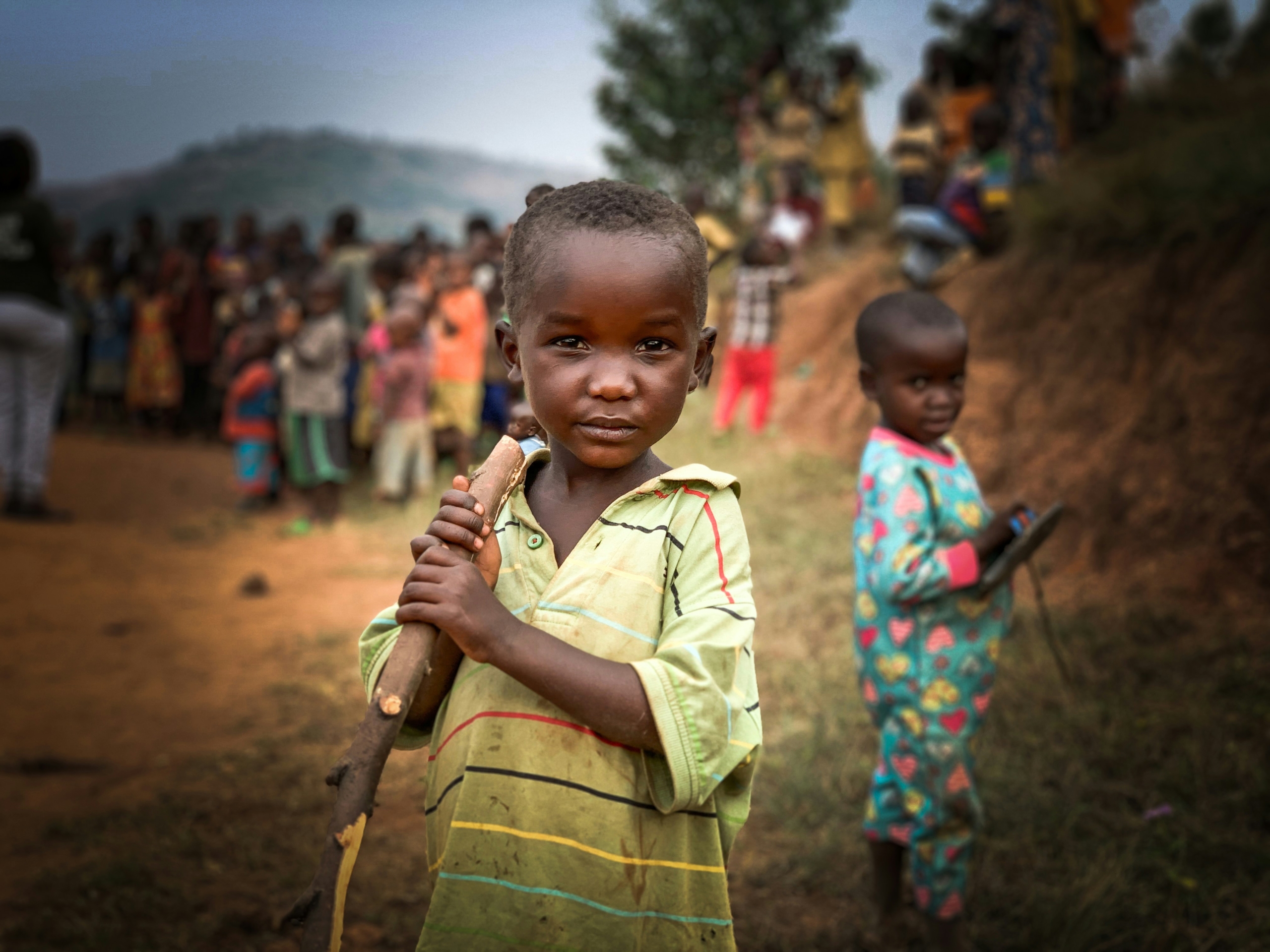5 Charities Operating in Rwanda
 Rwanda has made significant progress in tackling poverty over the years, with five charities playing a vital role in contributing to poverty reduction efforts in the country. According to the World Bank, Rwanda’s poverty rate decreased from 75.2% to 53.5% from 2000 to 2013. In 2016, the poverty rate decreased to 52%. According to a survey, the top four causes of poverty were a shortage of land, soil deficiency, unforeseeable weather patterns and a shortage of farm animals.
Rwanda has made significant progress in tackling poverty over the years, with five charities playing a vital role in contributing to poverty reduction efforts in the country. According to the World Bank, Rwanda’s poverty rate decreased from 75.2% to 53.5% from 2000 to 2013. In 2016, the poverty rate decreased to 52%. According to a survey, the top four causes of poverty were a shortage of land, soil deficiency, unforeseeable weather patterns and a shortage of farm animals.
In Rwanda, 45% of people depend on small-scale farming and there is a limited electricity supply, leading to women and children gathering water and firewood for multiple hours daily. However, there is more that needs to be done. Here are five charities operating in Rwanda that are tackling poverty. Of these charities, three focus on education in Rwanda because primary school children perform poorly on literacy and numerical tests.
Forward Africa Education Trust
The Forward Africa Education Trust aims to educate deprived children in Rwanda. This Trust focuses explicitly on the educational attainment among girls rather than boys and children who are orphans. The charity has many sessions focusing on various topics, such as conflict management, mental well-being and transferable skills. By completing these workshops, the children will improve their job prospects.
Under this Trust, six students gained exam grades, placing them in the top quadrant. Additionally, another 15 disadvantaged students continued in school and did not withdraw. The Trust provides academic qualifications and a road to higher education and employment for the youth in Rwanda. This will help people escape poverty and have a secure future.
Children like Christella are success stories. Her mother passed away in August 2018 and with her father being very unwell, her family had very little money. When Christella received funding from the Forward Africa Education Trust, she was able to finish school. Afterward, she wished to receive training to become a nurse to help his local area.
Education Development Trust
In 2001, the Education Development Trust began working with government officials to improve Rwanda’s education quality. This organization had implemented a five-year scheme called the “Building Learning Foundations.” This scheme aimed to improve all primary school children’s English and mathematics skills in Rwanda. This included training teachers to deliver English and mathematics lessons.
This scheme has been successful, given the statistics:
- 90% of mathematics teachers were competent in 2023. In 2018, it was 27%.
- 69% of English teachers were competent in 2023. In 2018, it was 22%.
Consequently, 59% of primary three school children were age-level competent in their English skills and 46% were competent in mathematics in 2023.
Solace Ministries
Solace Ministries is a Christian organization that supports people impacted by negative experiences. It aims to improve resilience and promote a feeling of belonging and inclusiveness. The initiative offers many programs, one of which is called the “Child-care and Development” program. This program aims to help children within the education system, from nursery school to higher education.
The drop-out level among students has been increasing in recent years in Rwanda. For example, the drop-out level among primary school children was 7.8% in 2018/2019. This increased to 9.5% in 2019/2020. To combat this problem, Solace Ministries offers free school fees to children from deprived backgrounds to avoid the poverty cycle. The organization provides $109.51 to primary school children and $273.76 to secondary school children per year.
Gardens for Health International
Founded by Julie Carney, Emma Clippinger and Dr. Emily Morell, the Gardens for Health International aims to eliminate malnourishment and promote thriving communities in Rwanda. The mission of this organization is to train Rwandan families with important facts, knowledge and agricultural strategies to ensure their nutritional requirements are met.
In 2020, 33% of children in Rwanda were deemed malnourished. To address this problem, the Gardens for Health International has expanded its coalition. In 2016, the nonprofit partnered with 675 organizations, which increased to 93,046 in 2020. As a result, 22,000 children and 4,300 families were fed, according to its 2022 impact brief.
Health Builders
From 2015 to 2021, Rwanda witnessed an improvement in the survival rates of children. However, as of August 2023, Rwanda is off track in achieving its Sustainable Development Goal on the survival rates of children aged less than 5. Health Builders works with the Rwandan government to create and maintain effective health care services. This is so everyone has access to adequate medical care.
This organization has sufficient technology and equipment to provide timely medical care to Rwandans. As a result, the nonprofit has been able to:
- Perform 5,900 sonograms yearly in Rwanda.
- Provide access to clean water to 280,000 Rwandans.
Rwanda has made great progress over the years. However, as mentioned, the poverty rate in Rwanda is still high, according to the World Bank. The efforts of these five charities operating in Rwanda have made significant differences. Altogether, this will promote a better future for Rwandans and the chance for the country to eliminate poverty.
– James McAlinden
Photo: Unsplash
